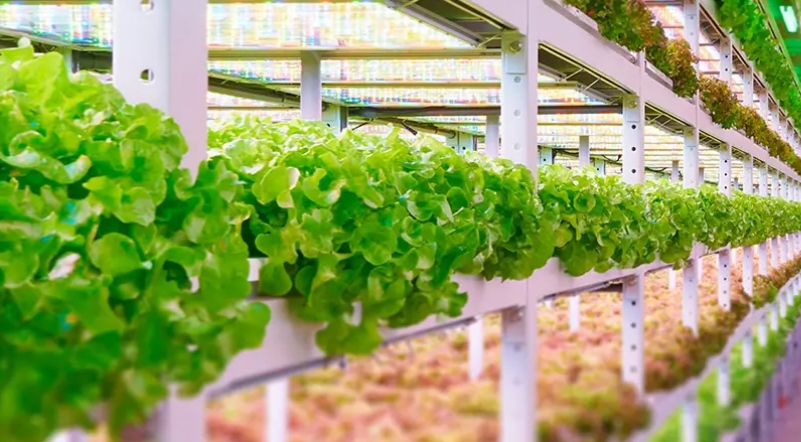Indoor gardening has gained popularity in recent years, especially for individuals looking to bring greenery into apartments, offices, or limited spaces. Among the emerging technologies, the smart plant pot has become a notable solution for cultivating plants with minimal effort. These systems offer automated lighting, watering schedules, and environmental monitoring, making them suitable for those who want healthy plants without intensive care routines. They also provide a way to enjoy gardening year-round, regardless of seasonal changes or urban limitations.
Advantages of Smart Plant Systems
They provide consistent and precise conditions that traditional plant care cannot easily achieve. For instance, devices like the DIY Desktop Grow Box allow for growing succulents, carnivorous plants, and other species in a controlled environment. The system features specialized LED lights designed to enhance plant colors, along with a variety of substrates such as peat moss, succulent soil, and diatomaceous earth. Such flexibility ensures each plant receives optimal growth conditions, while monthly energy consumption remains relatively low, around 2.4–3.36 kW·h. This precision reduces the likelihood of plant stress and helps maintain healthier greenery. The compact size and aesthetic design also make it an appealing addition to modern interiors, blending functionality with decorative value.
Cost Considerations for Experienced Users
While the initial investment in a smart plant pot may seem higher than traditional gardening tools, they can be cost-effective over time. They minimize the risk of plant failure and reduce maintenance effort, which can be valuable for experienced growers who require reliable results. Additionally, smart systems can adapt to local environments in different regions such as Europe, the Middle East, North America, Australia, and Singapore. For example, in areas with limited natural light or strict water usage regulations, automated growth systems ensure compliance while maintaining plant health. The integration of technology also allows for remote monitoring and adjustment, providing convenience for users with busy schedules or multiple indoor gardens. This combination of convenience and efficiency makes the investment worthwhile for serious indoor gardeners.
Conclusion
Overall, smart plant systems provide a practical solution for modern indoor cultivation. They are particularly beneficial for experienced users who seek predictable growth and minimal daily intervention. Among providers of these technologies, 4D Bios stands out for their comprehensive approach. Founded in 2018, 4D Bios develops integrated plant factory solutions using advanced technologies such as photobiology LED lighting, vertical cultivation, AI-controlled environments, and precise plant nutrition management. By delivering high-quality equipment and services, they cater to clients across various global markets, helping experienced growers achieve optimal results with innovative indoor gardening solutions. Their solutions combine technology, sustainability, and efficiency, making them a dependable option for those looking to enhance the potential of indoor gardening while promoting environmental responsibility.
